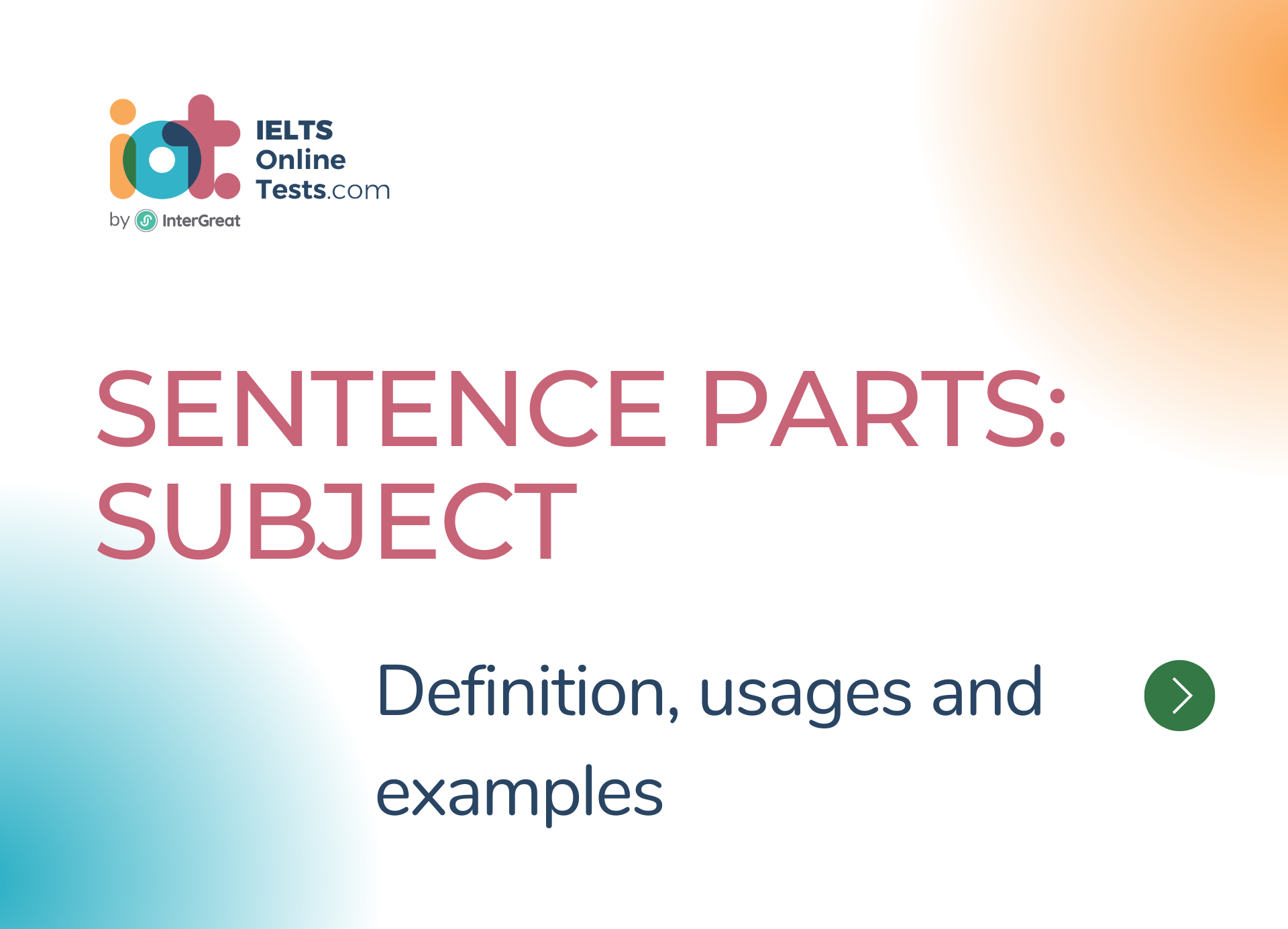
Sentence Parts: Subject
The subject is a fundamental component of a sentence and plays a crucial role in conveying the main focus or topic of the sentence.
Here are some important points about the subject:
Definition: The subject is the noun or pronoun that typically performs the action or is the topic of the sentence. It tells us who or what the sentence is about.
Position: In most English sentences, the subject comes before the verb. However, in some cases, the subject may follow the verb, particularly in questions and certain sentence structures.
Types of Subjects:
- Simple Subject: The simple subject consists of the main noun or pronoun that performs the action.
- Example: "John plays basketball."
- Compound Subject: A compound subject consists of two or more nouns or pronouns joined by a coordinating conjunction.
- Example: "Mary and Tom went to the party."
- Implied Subject: In some imperative sentences, the subject is implied, meaning it is not explicitly stated but understood to be "you."
- Example: "Sit down and relax."
- Gerund Subject: A gerund, which is a verb form ending in "-ing" used as a noun, can function as the subject of a sentence.
- Example: "Swimming is my favorite hobby."
- Simple Subject: The simple subject consists of the main noun or pronoun that performs the action.
Subject-Verb Agreement: The subject and the verb in a sentence must agree in number. If the subject is singular, the verb must be singular, and if the subject is plural, the verb must be plural.
Example: "She runs every morning" (singular subject) versus "They run every morning" (plural subject).
Determining the Subject: To identify the subject in a sentence, ask the question "Who or what is performing the action?" or "Who or what is the sentence about?" The answer will help you identify the subject.
Understanding the subject is crucial for constructing grammatically correct sentences and ensuring agreement with the verb. It establishes the main focus or topic of the sentence and helps convey clear and effective communication.




